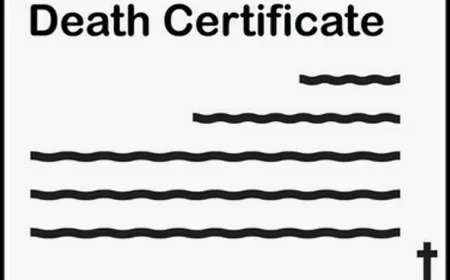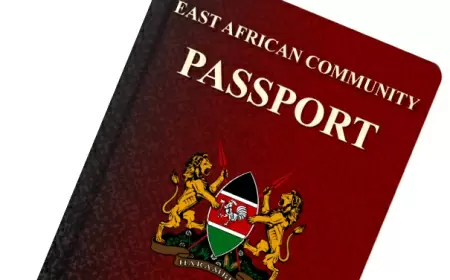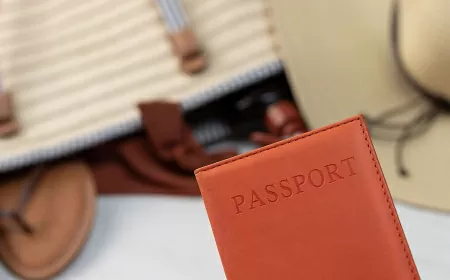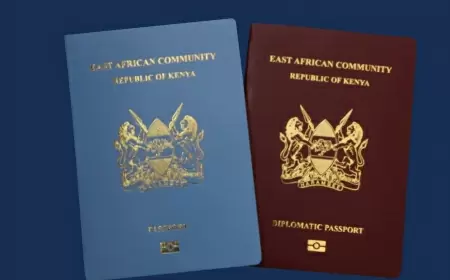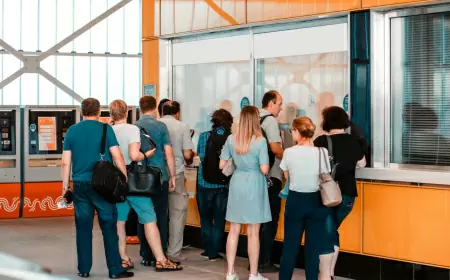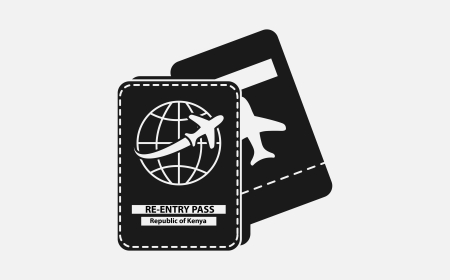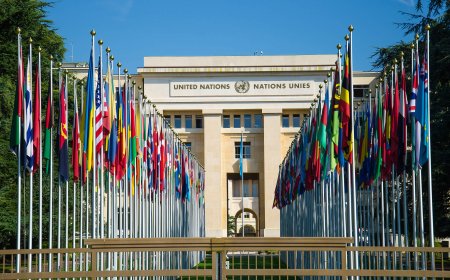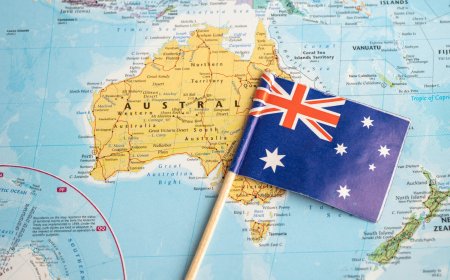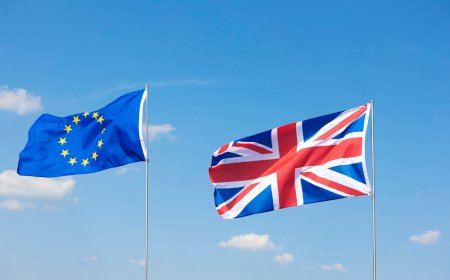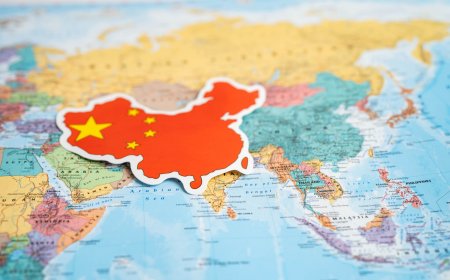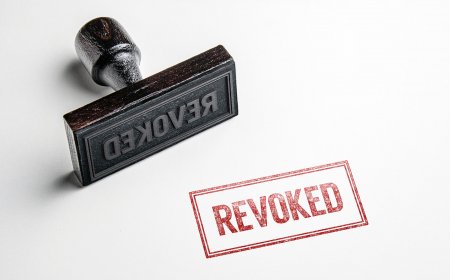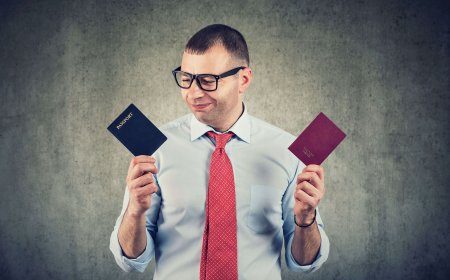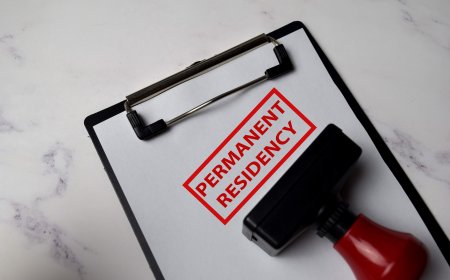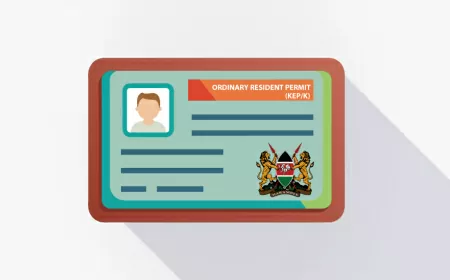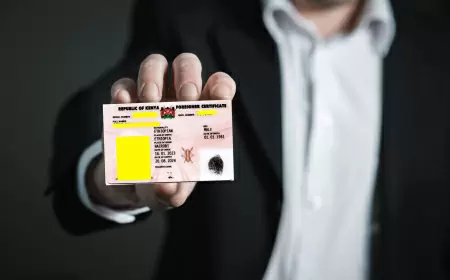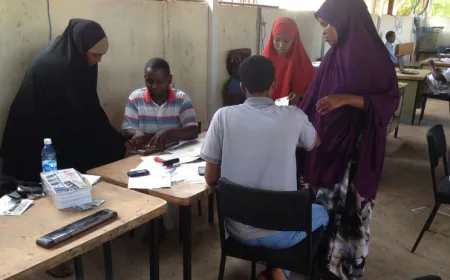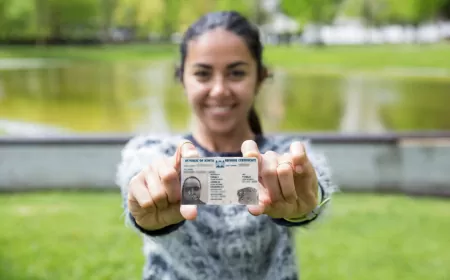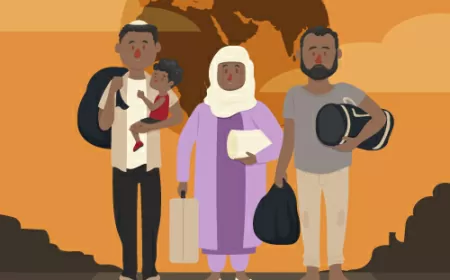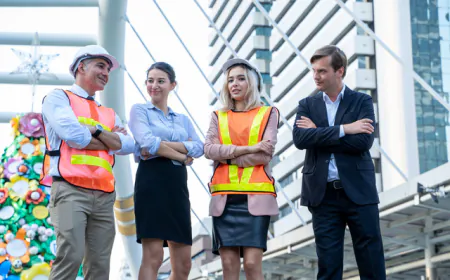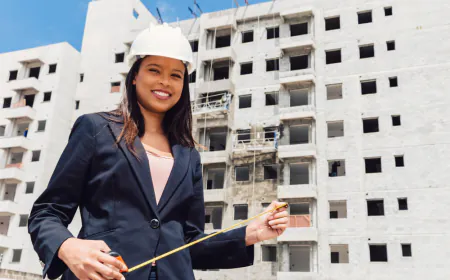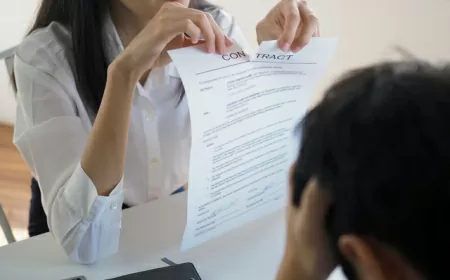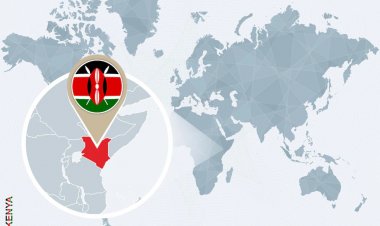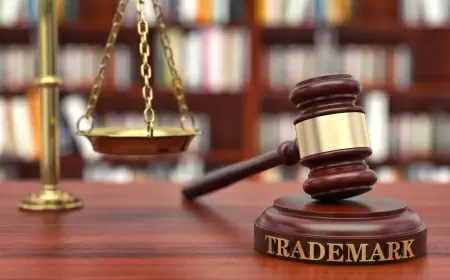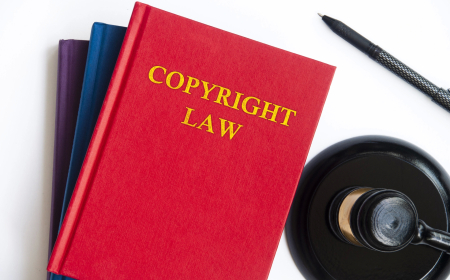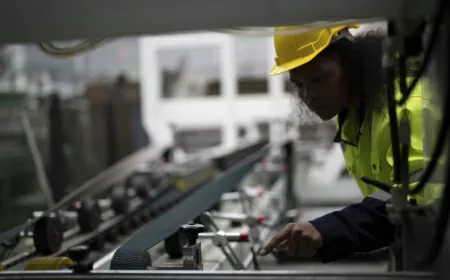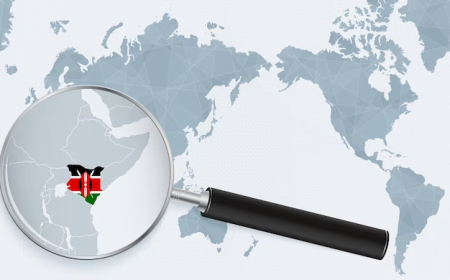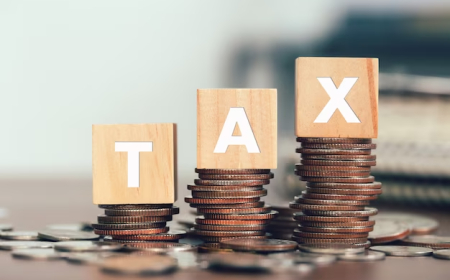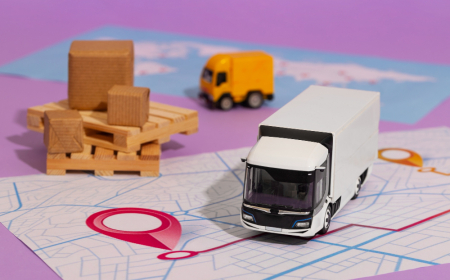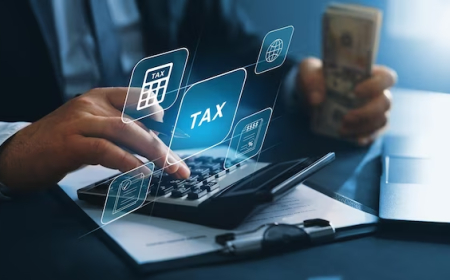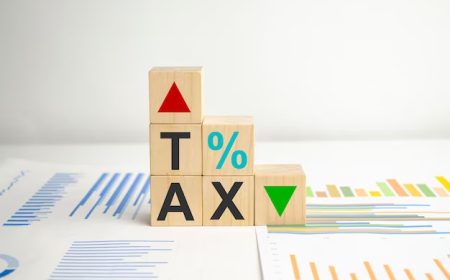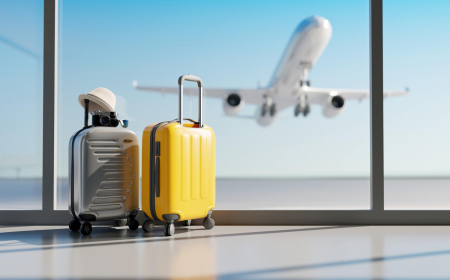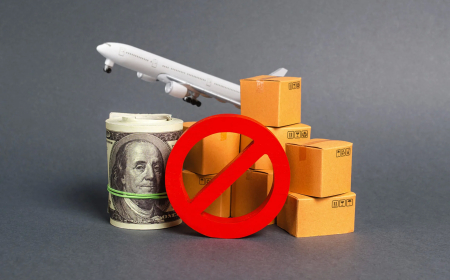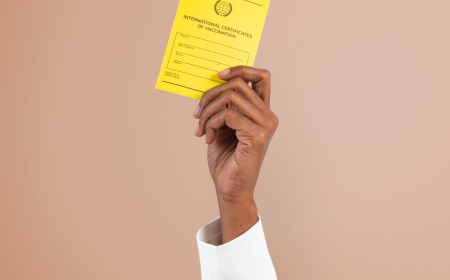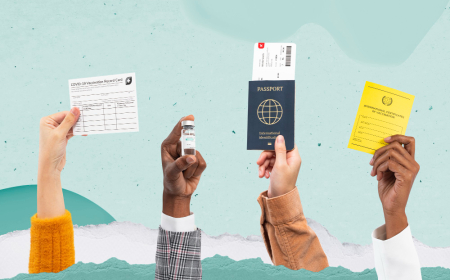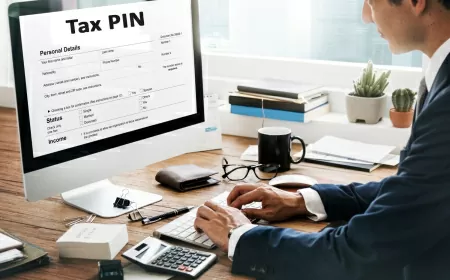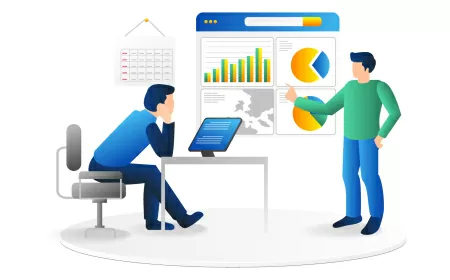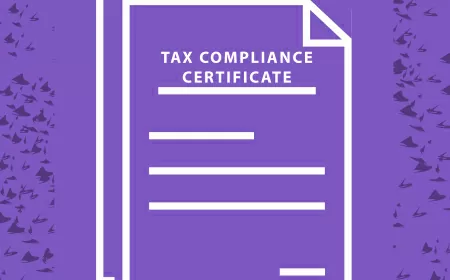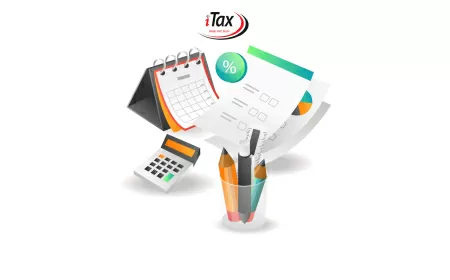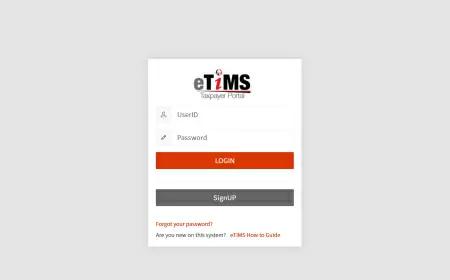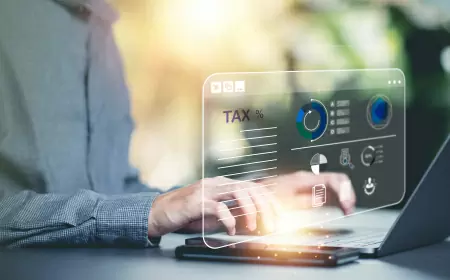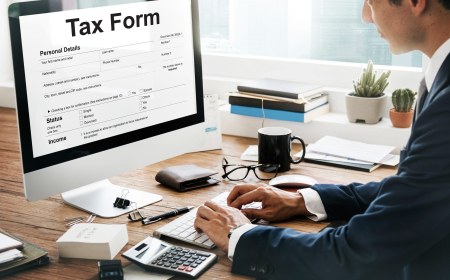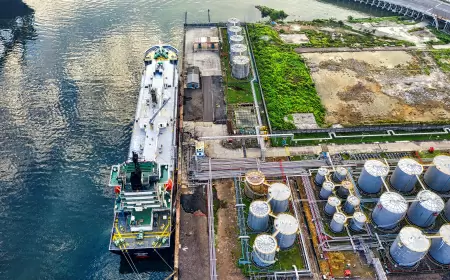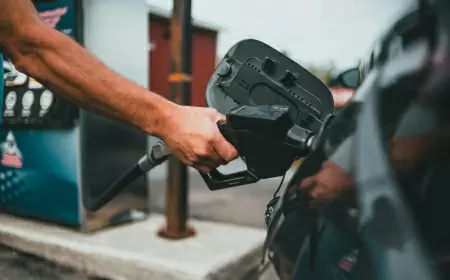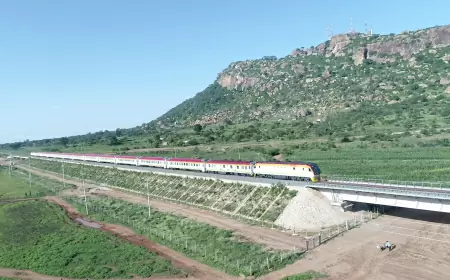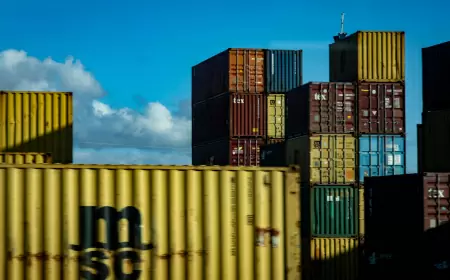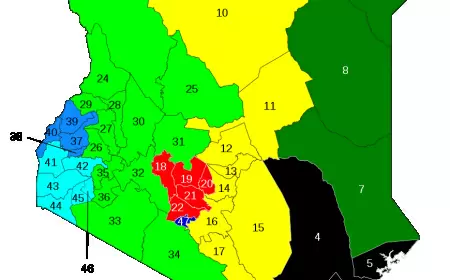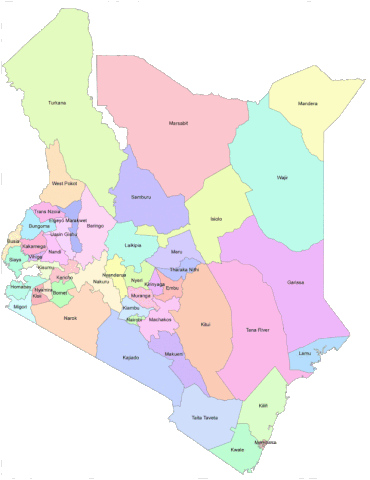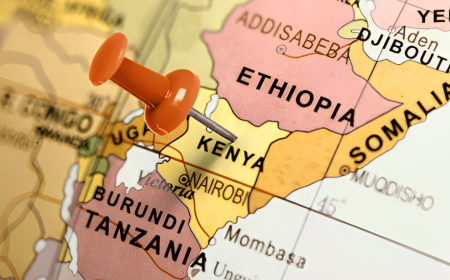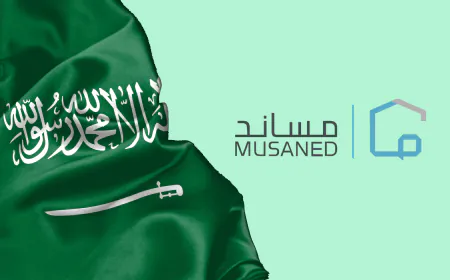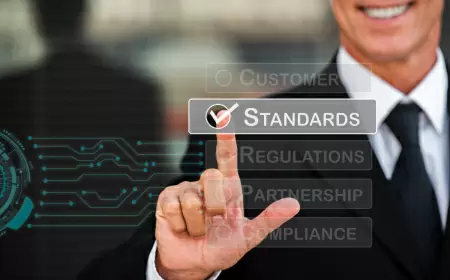Railway Development Levy
The Railway Development Levy (RDL) in Kenya is a key part of the country's infrastructure financing mechanism, specifically dedicated to supporting the development and upkeep of the railway network. Enacted to secure sustainable funding for standard gauge railway projects, the RDL plays a vital role in strengthening Kenya's railway transportation sector. Learn about the purpose, rates, and impact of this levy on the Kenyan economy.
1. What is Railway Development Levy (RDL) ?
The RDL is a levy imposed on the customs value of goods imported into Kenya for home use by the importer at the time of entry into the country.
The levy, implemented since 2013, was established to fund the construction and operation of the Standard Gauge Railway (SGR), a railway line connecting the port of Mombasa to Nairobi.
2. History and Purpose of the Railway Development Levy (RDL)
The Railway Development Levy (RDL) serves an important purpose in the realm of railway transportation infrastructure funding.
The Levy was established to support the growth and maintenance of railway systems, the RDL played a pivotal role in financing construction of a standard gauge railway line between the Port of Mombasa and Nairobi in order to facilitate the transportation of goods.
3. Goods Exempt from Railway Development Levy (RDL)
No levy is charged on the specified goods when imported or purchased before clearance through customs. Goods that are exempt from the Railway Development Levy (RDL) include:
- Goods for official use by diplomatic and consular missions.
- All aircraft, spacecraft, and their components.
- All goods, including material supplies for official use by the Kenya Defence Forces and National Police Service.
- Goods imported for official use by international and regional organizations that have agreements with Kenya.
- Liquefied petroleum gas (LPG).
- The supply of denatured ethanol falls under tariff number 2207. 20. 00.
- Bioethanol vapor (BEV) stoves are classified under HS Code 7321. 12. 00, which pertains to cooking appliances and plate warmers for liquid fuel.
- Any aircraft spare parts, including aircraft engines, imported by aircraft operators or individuals engaged in aircraft maintenance must be recommended by the competent authority responsible for civil aviation.
- Goods imported for use in the construction and maintenance of other manufacturing activities, including refining.
Additionally, the Cabinet Secretary may exempt other goods in the public interest or to promote an investment, provided that the value is Ksh. 5 billion or more.
4. Railway Development Levy (RDL) Rates
The levy is charged at the rates of 1. 5% and 2% of the customs value of the goods, respectively. Importers pay this levy when bringing goods into the country for home use.
Approved manufacturers and importers involved in the Affordable Housing Scheme are entitled to preferential rates. These special rates apply to imported raw materials and intermediate products, as well as inputs used for house construction under the scheme. These imports are referred to as qualifying imports.
The preferential rate for RDL is 1.5% on qualifying imports.
5. The Railway Development Levy Fund ("the fund")
The Railway Development Levy Fund ("the fund") was established under the Customs and Excise (Railway Development Levy Fund) Regulations of 2013.
The fund consists of the proceeds of the railway development levy charged, grants, or donations made to the Fund, and any income generated from these proceeds.
The objective and purpose of the Fund is to provide funds for the construction of a standard gauge railway network to facilitate the transportation of goods.
Was this information helpful ?








